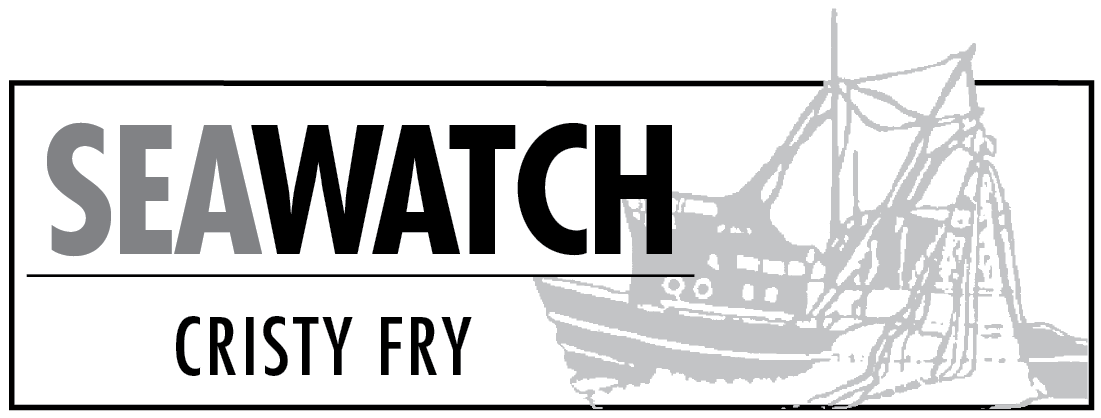As young Alaskans gather in Juneau for the sixth annual Young Fishermen’s Summit next week to explore ways to get a leg up in an increasingly challenging and expensive industry, Rep. Jonathan Kreiss-Tomkins, a member of the House Fisheries Committee, is trying to help.
Kreiss-Tomkins and other members of the committee are working on a bill to create community banks to buy limited entry permits from people selling out in order to be able to lease them to people primarily in rural communities who cannot afford to buy them outright.
The bill is an effort to keep permits from migrating to out-of-state ownership, and to give young fishermen an opportunity at eventual ownership without the burden of coming up with tens of thousands of dollars.
The current hurdle is that it is against state law to lease permits, except by emergency medical transfer and then only for three years.
The Legislature made that move so that permits would only be used by active fishermen with a stake in long-term conservation, not by “absentee landlords.”
Kreiss-Tomkins’ bill would not change that for individuals, but would create Community Permit Banks, much like federal Community Development Quotas in rural Alaska, but on a state level.
He said the permits would be available only under certain criteria.
“There would be maximum lease length; the permit banks would be governed by the community and the region,” he said.
The banks would be limited in how many permits they could own in a given fishery, and people who lease them would have to be permanent residents of the community.
Non-coastal communities would be assigned to a regional bank to allow other rural areas the opportunity to participate in fisheries.
To the extent practicable, revenues generated would have to be used to buy more permits.
Some fishermen have expressed concern about the Mat-Su Valley or Kenai River sport fishing groups using a bank to buy up all the setnet permits in Cook Inlet, for example, but the anti-consolidation clause should prevent such a scenario.
He said it has been a long process, begun about 14 months ago, with dozens of people working on it through several drafts with input from fishermen.
“If nothing else this helps move the conversation ahead,” Kreiss-Tomkins said.
The Young Fishermen’s Summit is hosted by the Alaska Sea Grant Marine Advisory Program,
Cristy Fry can be reached at realist468@gmail.com.


